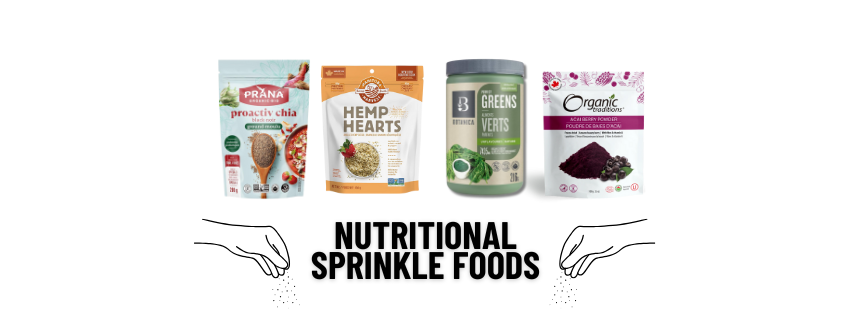Make Friends with Ferments
Does the idea of fermentation freak you out? Do you cringe at the idea of bacteria overgrowth on your food? Does the idea of pungent food make you start to salivate? Have no fear and make friends with ferments!

Fermented foods have been use for decades to nourish the body and prevent disease. Fermenting was a tool that our ancestors used to preserve food and has now become one of the trendiest health foods.
What are fermented foods?
Fermentation is a natural process that converts sugar into an alcohol, gas or acid. During this organic process, bacteria or yeast is required as a catalyst to convert the carbohydrate into alcohol, gas or organic acids.
Some people consider fermented foods a new “craze”, but fermented foods have been around for thousands of years. Archeologists have uncovered the remains of wine in jugs dating back to 6,000 BC!
Benefits of fermented foods
Optimized Digestion
Beans, legumes and grains contain anti-nutrients such as phytates and lignans. They act like a blanket to the good nutrients in food and cause digestive issues such as gas and bloating. During fermentation, these anti-nutrients are broken down which allows for optimal digestion.
Protects the Gut Lining
Fermented foods contain healthy live bacteria which nourish and protect the mucus membranes in the gut. Not only are fermented foods a great source of probiotics, they also work synergistically with your unique bacterial profiles to help your natural microbiome flourish.
Enhances bioavailability of nutrients
When foods are fermented and the anti-nutrients or protective layers are broken down, the good nutrients are exposed and are easier to absorb. Nutrients become more bioavailable through fermentation, and the body is able to absorb more of what it needs.
Additional Benefits
- Improves elimination.
- A source of beneficial bacteria.
- Strengthens the immune system.
- Protects the arteries and lowers blood pressure.
- Improves digestion and absorption of nutrients.
- Corrects the balance of stomach acid, whether it is too low or too high.
- Research has shown there is a link between gut health and social anxiety disorder. In a study published in Psychology Research, researchers found that high risk young adults who regularly eat fermented foods have fewer social anxiety symptoms.
- Helpful in the treatment of many health disorders including, leaky gut syndrome, h. pylori infection, celiac disease, candida overgrowth, diverticulitis, colitis, and more.
Types of fermented foods
- Saurkraut
- Kimchi
- Kombucha
- Miso
- Kefir
- Yogurt
- Tempeh
- Beer
- Wine
- Sourdough bread

Photo by Julia Luymes
Are Fermented Foods Safe for Anyone?
- Fermented foods are not suitable for individuals who have histamine sensitivity.
- Individuals who suffer from candida overgrowth should start very slowly with unsweetened coconut kefir or yogurt. After a couple of weeks, they can introduce fermented vegetables such as kimchi and unpasteurized sauerkraut. Due to their sugar content, fermented dairy products, beets, or Kombucha are not recommended.
- Fermented foods can be extremely beneficial for individuals with diabetes because the fermentation process breaks down some carbohydrates. However, they should avoid Kombucha, carrots, and beets due to the high sugar content.
- Fermented foods may be contraindicated with certain Parkinson’s medications.
TIP: to optimize your digestion and flourish your gut bacteria, enjoy 1-2 tablespoons of pungent sauerkraut on your salad or add 2 tablespoons of bacteria rich kefir to your morning smoothie.
Check with your health care practitioner or pharmacist if you have concerns about consuming fermented foods.










